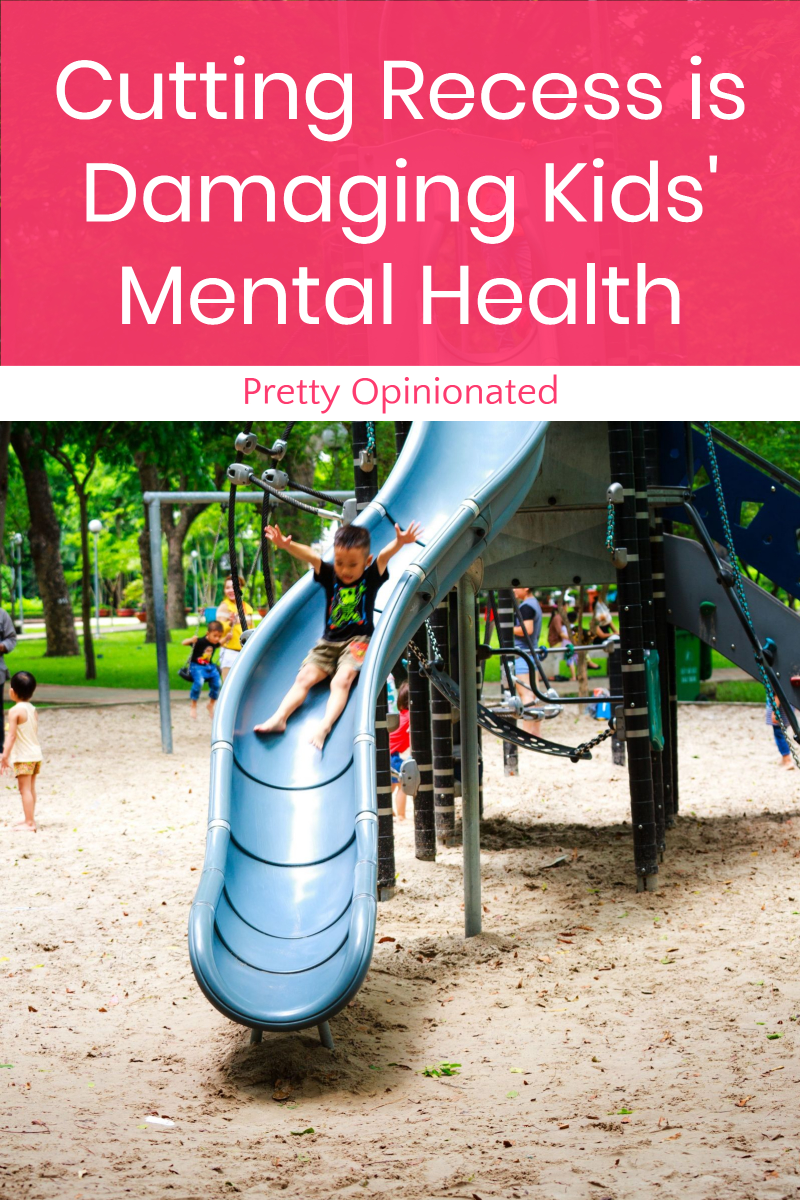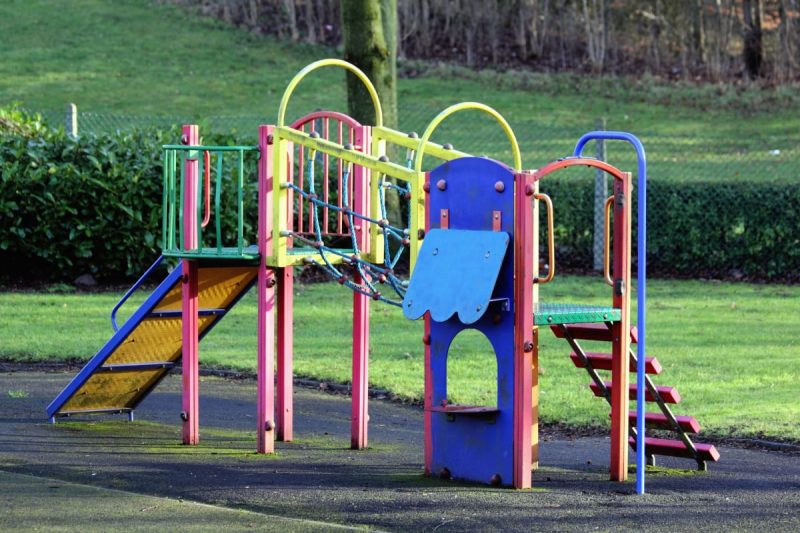When assessing the many things our kids accomplish during each school day, it’s not hard to see that curriculum and structured activities have increased a lot in the past couple of decades. In a lot of cases, that’s a great thing – the people responsible for educating our kids know more than ever about how they learn and what they need to know.
As kids and teachers take on more intense challenges, the value of recess, a time where kids relieve feelings of stress, becomes even more clear. While our kids are clever and resilient, they’re still small humans. They need time to be kids, dial down the intensity and decompress with their friends. Just like us, it helps them return to their responsibilities a happier person who’s more prepared to get things done.
Where is Recess Going?
While the desire for high test scores and top-achieving students is an understandable one, some schools have made problematic moves toward taking away recess or reducing outdoor play time to negligible amounts. Additionally, some parents feel that recess lacks educational value, taking up time that teachers and children should be spending on classroom learning. Studies on the value of recess and the impact it has on childhood mental health concerns have led to a significant push back on recess restrictions by some parents and educators.
The Positive Impact of Recess
For parents, it’s truly upsetting to hear that one in five kids fits the profile for depression, anxiety or both. Excessive stress levels and a lack of time for free play can both be detrimental to kids’ well being, and research has shown that recess is a significant part of the school day where they can engage in free play and relieve feelings of tension that can impact their happiness and their ability to learn. It also helps them to feel more in control of themselves and confident in their decisions, strengthening them socially and teaching essential life skills that are best learned through practice.
Advocating for Recess Rights
A positive school experience for kids is a goal that all parents can agree on. Research makes it clear that one way to achieve that goal is by making sure kids have access to the important free play break that recess gives them.
Wondering how to speak out?
- Talk to educators, faculty and your kids about recess. Where does it take place? How long is it? Super short recess periods and a lack of outdoor time aren’t as impactful for kids, so advocate for the best recess time possible.
- Don’t be shy about sharing studies. Spreading the word about how legitimately important recess is for our kiddos is one way to strive for it to receive the focus it deserves.
Kids have a lot to gain from time spent playing in the schoolyard. It conveys lessons that can’t effectively be taught by books, such as coping, problem-solving and self-value, making them more resilient and less prone to stress, depression and anxiety. When we embrace the idea that recess is a different but equally important type of learning, our kids benefit tremendously.
——————
BIO: Arthur is a father, educator, and a passionate advocate for recess in schools. He is also the chief editor at Muddy Smiles where he writes about everything to do with play, from old fashioned games to kids’ robotics.




